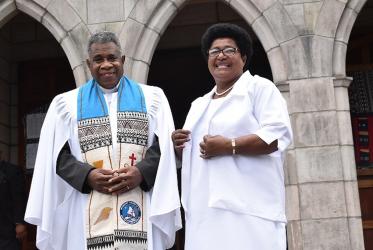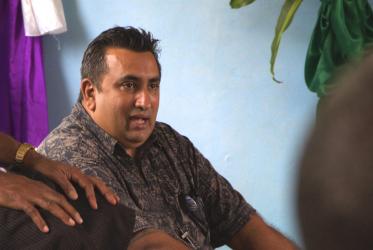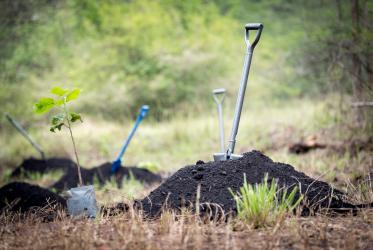Displaying 1 - 13 of 13
Churches should use their voice on climate change
26 February 2020
An advocate for family values, called by God
26 March 2018
New Executive Committee members elected in Trondheim
28 June 2016
"I hit the ground running": Katalina Tahaafe-Williams
16 February 2016
Momentum builds for ban on nuclear weapons
16 December 2014









